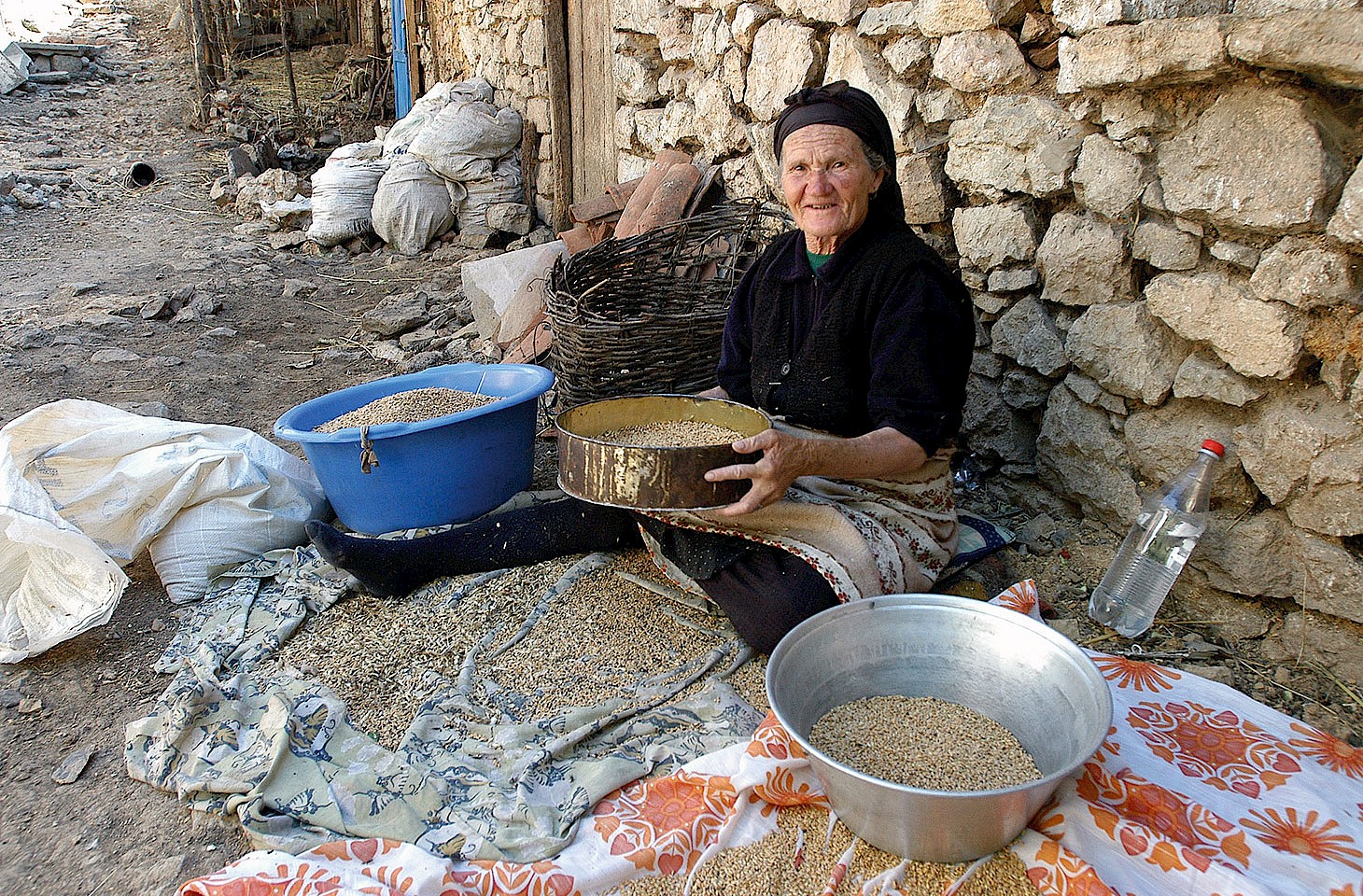Dear fellow travellers
You probably don't chart your progress through the year with an ecclesiastical calendar. We do, but in truth we cannot really recommend it as a sensible way of confronting modernity. It is all too easy to miss dental appointments, dinner dates and deadlines for tax returns. And the whole calendrical enterprise is even more hazardous if you swerve erratically, as we do, between two quite different calendars: one attuned to the Western Church and the other inspired by Orthodox sympathies.
Today, in that part of Europe which favours Rome over Constantinople, is St John's Day — more precisely, the Solemnity of the Birth of St John the Baptist. The Orthodox communions will wait another 13 days before giving a little festive cheer for St John.
There is a St John's Day reading from the Gospel of St Luke which recalls a family squabble over how the newborn lad should be named. Zechariah was the name of the infant's father so that would have been the obvious choice. But the child's mother had other ideas. "No, he shall be called John," she insisted. Her view prevailed.
Let's face it. “St Zechariah the Baptist” just would not have had the same ring. Lots of gravitas, to be sure, but it just does not trip off the tongue in quite the same way.
Names are endlessly interesting. Meandering around Europe as we do, we encounter lots of different naming conventions. In some places, firstborn sons are indeed often named after their fathers. Elsewhere, it is common to accord to the paternal grandfather the privilege of having a grandson named after him. But neither of these conventions can explain the number of twelve-year-olds in Kosova called Tony. Evidently, as NATO planes bombed Belgrade in 1999, Kosovar Albanians gave thanks by naming their newborn sons after the man whom they judged had nudged NATO into action: Tony Blair. Albanians clearly have a penchant for topical names, for we once ran across a Maradona in Tirana.
The naming of firstborn sons often reveals a subtle calculus of social rank and possible eventual material or spiritual benefit. The German habit of giving the middle name Maria to their sons is surely a sound insurance policy in the salvation stakes.
But what particular calculus impelled a generation of East Germans to burden their sons with names like Maik (pronounced Mike of course) or Kevin? Even Brian had the occasional outing in the Democratic Republic east of the Elbe, but the challenge of securing a good phonetic rendering in German meant that the name was sometimes spelt Brain. Tough on the lads so burdened for life.
Kevins have hardly had an easier time of it. The German comedian Michael Mittermeier once rather harshly quipped: "Only druggies and Ossies are called Kevin." Names come and names go. No surprise perhaps that the Christian name Adolf, which had from 1850 enjoyed great currency as one of the most popular boy's names in Germany, took an absolute beating after 1945 and slid right down the league tables.
John the Baptist is the prototypical John. He came to an unhappy end, which one might have thought would do nothing to promote the enduring popularity of the name. Nobody wants his or her head served up on a platter. Despite that, or perhaps because of the manner of his demise, John the Baptist set a trend. Two thousand years later, John is still the world's most popular Christian name for firstborn sons.
Nicky Gardner and Susanne Kries
(editors, hidden europe magazine)


